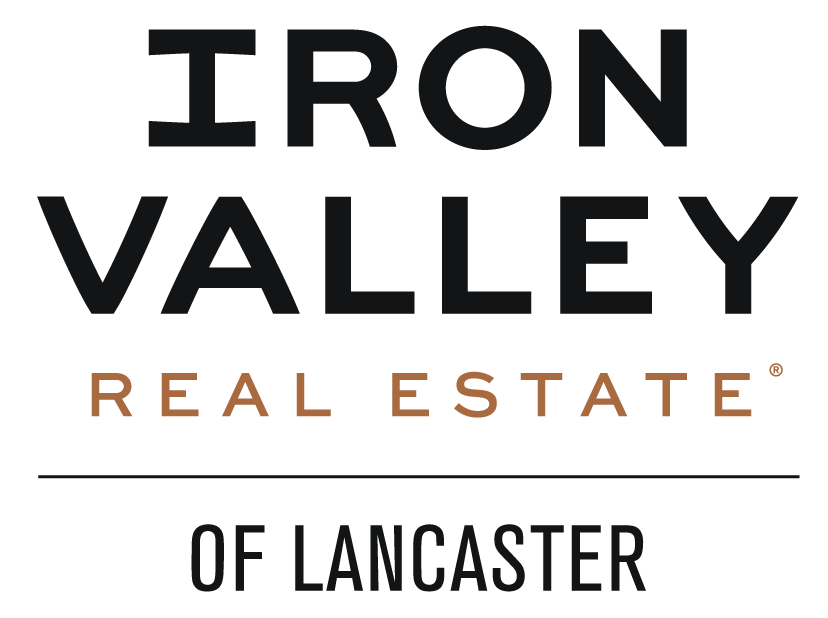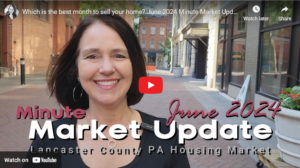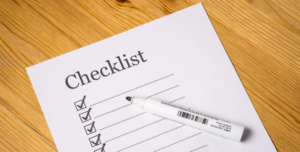With limited inventory for pre-existing homes, some buyers are turning to new construction. A new home could be exactly what you’re looking for and has many benefits. A new roof, new electrical, new HVAC, new everything. No repairs or cosmetic upgrades for years to come. What could be better than brand new! Here are some things you may not have thought of. Don’t be caught unaware when you are considering new construction.
1. Don’t work with a builder without your own agent. A builder typically has one specific agent handling all their new home sales in a certain community. This person is well informed on the new community and the process for building here. He/she can talk about the lots, home plans, timelines, etc. So, why can’t you just talk to this person? Because this person represents the builder! When you run into a snag, and you usually do, you want your own representation. You want your own buyer’s agent to be watching out for you throughout the entire process and going to bat for you when any issues come up. It doesn’t cost you anymore, so why would you not want your own representation?
2. Don’t assume the list price is what you’ll pay. Prices for new home builds are “starting at” prices. These prices are using very basic construction materials and do not include any lot premiums, any upgrades, any changes, etc. Most buyers will spend a minimum of $20,000 over list price on a new build, and usually A LOT more than that. Common upgrades are granite countertops, nicer flooring, better appliances, and additional lighting. Also keep in mind that the best building lots are going to have premiums attached, meaning you will pay extra for the lot of your choice.
3. Don’t expect completely custom options. It is typical for new home plans inside a community to be limited. You will get to pick from several floor plan options, depending on your lot dimensions and budget. You will get to pick your colors, materials, and finishes for your interior and exterior. Want to add a doorway or a pantry? Maybe! Most plans allow only cosmetic choices and you cannot alter anything to the structure. If you want something completely custom, you will most likely need to buy land outside of a community and use a truly custom home builder. This also increases your costs since builders for communities have already completed all the development requirements for the township, as well as home/architectural plans.
4. Don’t only check with the builder’s preferred lender. A builder will usually refer you to their “preferred lender”. Sometimes this lender can offer a great loan product and, since they are already used to working with the builder, can provide a smooth lending process. However, it is always good to check options with other banks to see if there are better rates or programs available to you. It is good to check with at least 2-3 lenders to find out what you can qualify for and what products they have for new construction. This could save you thousands of dollars in the long run.
5. Don’t expect to use a sale & settlement contingency. Builders typically do not accept a contract with a sale and settlement contingency. This is where you have to sell your home and use those proceeds to fund your new home. You may think this contingency is reasonable because you have so much equity in your home and it will sell quickly. This doesn’t matter. A builder does not want to start construction with all of your preferences then have the deal fall through for some reason. You will need to get approved for your new construction loan without this contingency, and may need to use either a bridge/swing loan or home equity loan or line of credit.
6. Don’t underestimate the property taxes. Property taxes are estimated until a new home is completed and assessed by the township. Don’t look at the property taxes on a listing and assume that’s what they are. New construction homes typically have some of the highest property taxes for the square footage because they are brand new and recently assessed. The best way for you to know what your property taxes could be, is to find out what the taxes are for a similar completed home in that community that has already been assessed. Even then, the taxes won’t be exact, but it will give you a good starting point.
7. Don’t think new means perfect. About a week before closing, you will walk through your new home with a representative from the builder. During this walk through, a “punch list” is created. This list consists of all the things needing touch up, finishing, and repairing on the new home. Yes, there is usually a long list of details, such as touching up paint, installing a light, and even fixing a dent in the garage door. There are many different contractors working on completing the house at the same time, so details get missed, walls get dinged, and so on. This list will be completed by the builder within a certain amount of time.
A new construction home may be perfect for you. Just be realistic about the process, timeline, and costs. If you’ve always wanted a new home, don’t let the challenges deter you. Knowing ahead of time what you may face will help you make your dream of a new home come true.








 By Launch Kits
By Launch Kits